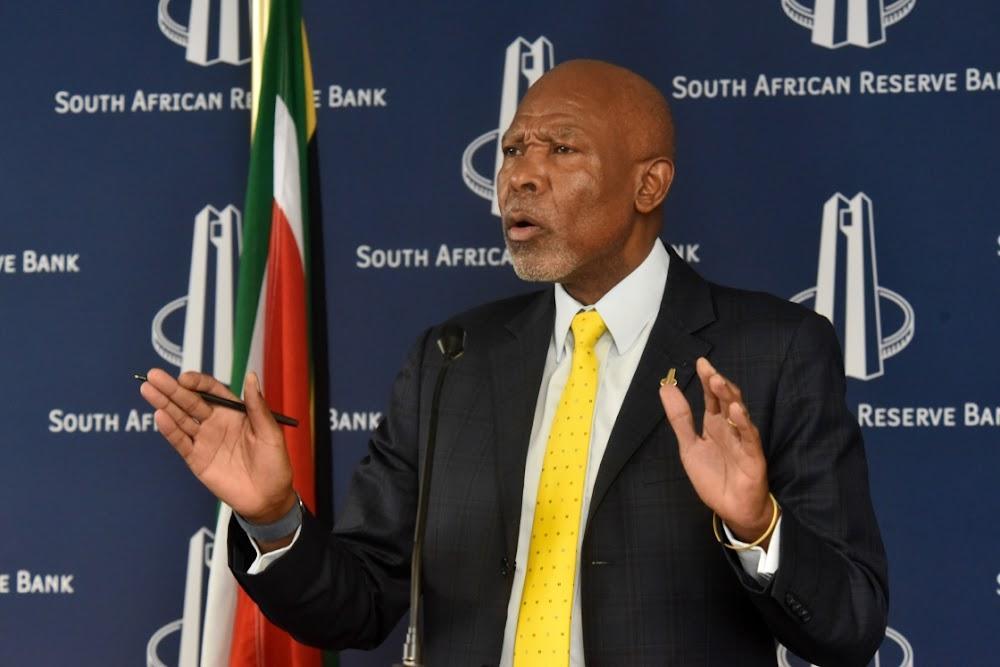Africa-Press – South-Africa. The Reserve Bank’s monetary policy committee (MPC) has decided to keep the repo rate on hold at 7%, it announced in Pretoria on Thursday afternoon, though some in the committee favoured a cut of 25 basis points (a quarter of a percentage point).
The announcement came a day after Stats SA announced that annual inflation had decreased to 3.3% in August, down from 3.5% in July on the back of softening food and fuel prices.
Reserve Bank governor Lesetja Kganyago said the global economy showed resilience as risks were subsiding despite ongoing geopolitical tensions and trade disruptions. He noted the uptick in headline inflation due to food and fuel prices, which were declining at a slower rate than before.
“Against this backdrop, the MPC decided to keep the policy rate unchanged at 7%. Four members preferred to keep rates on hold while two favoured a cut of 25 basis points. Since September last year, we have reduced rates by 125 basis points and we want to see how this is affecting the economy, how expectations evolve and how inflation risks evolved,” said Kganyago.
He said the meeting also considered scenarios where expectations adjust more slowly than they do in the baseline. He said it was too soon to tell if the direction of travel of inflation downward would add up to a sustained stay below the target band for inflation.
“If you look at what our assessment is, you will see that our assessment is both about a halt and an adjustment lower, which is why we are then saying it is important for us to take a halt and see what the impact of the five cuts that we have had are on our economy.”
Kganyago said adverse factors would prove challenging as high and rising debt and inflation risks endured. He said headline inflation is expected to peak at 4% and that the electricity tariffs will now be accounted for in the outlook, averaging 3.4% in the year before settling at 3%.
“High inflation begets high interest rates. If we are to have low interest rates, we must have low inflation. And that is why we decided that we must model a scenario where the price setters do not converge towards our 3% preference.”
He noted positive indicators for the second quarter outlook with GDP outlook figures surprising on the upside. He said the outlook was modified from 0.9% to 1.2%, despite a weaker export outlook due to higher tariffs.
Kganyago encouraged reforms to drive economic outcomes that will allow South Africa to become more resilient to inflationary pressures.
For More News And Analysis About South-Africa Follow Africa-Press






